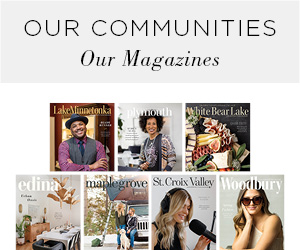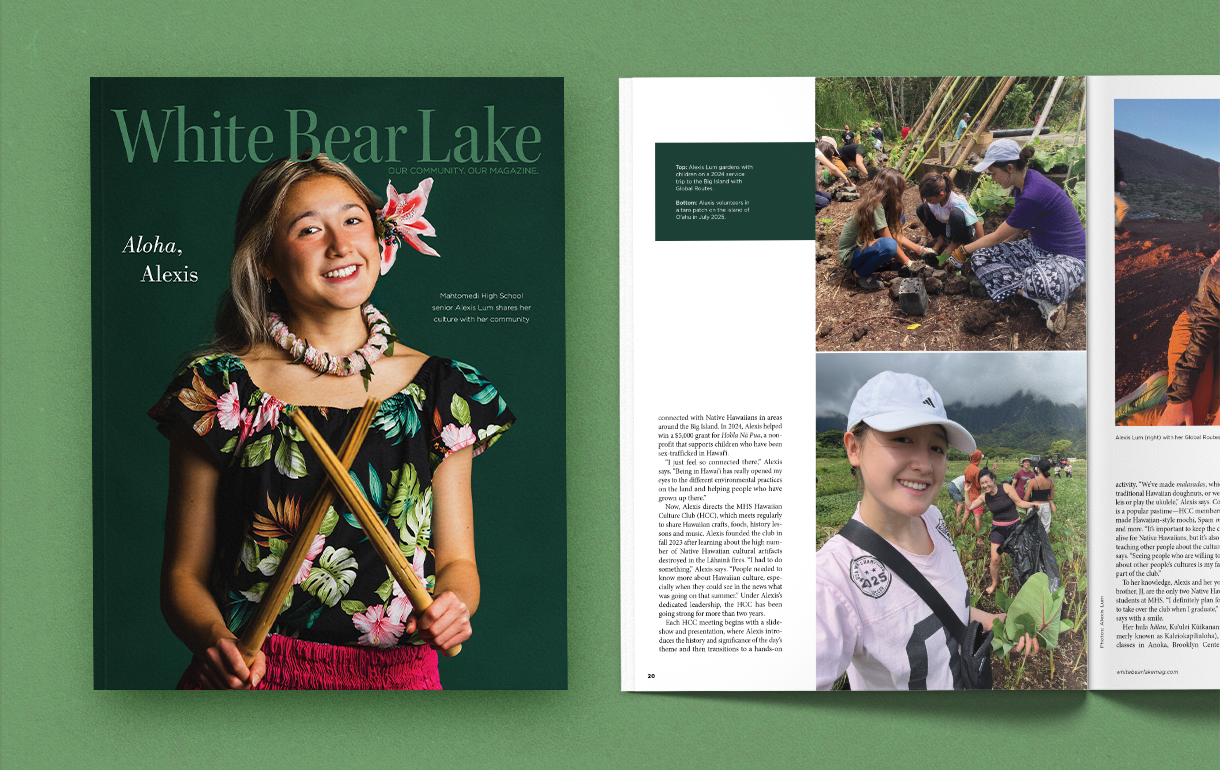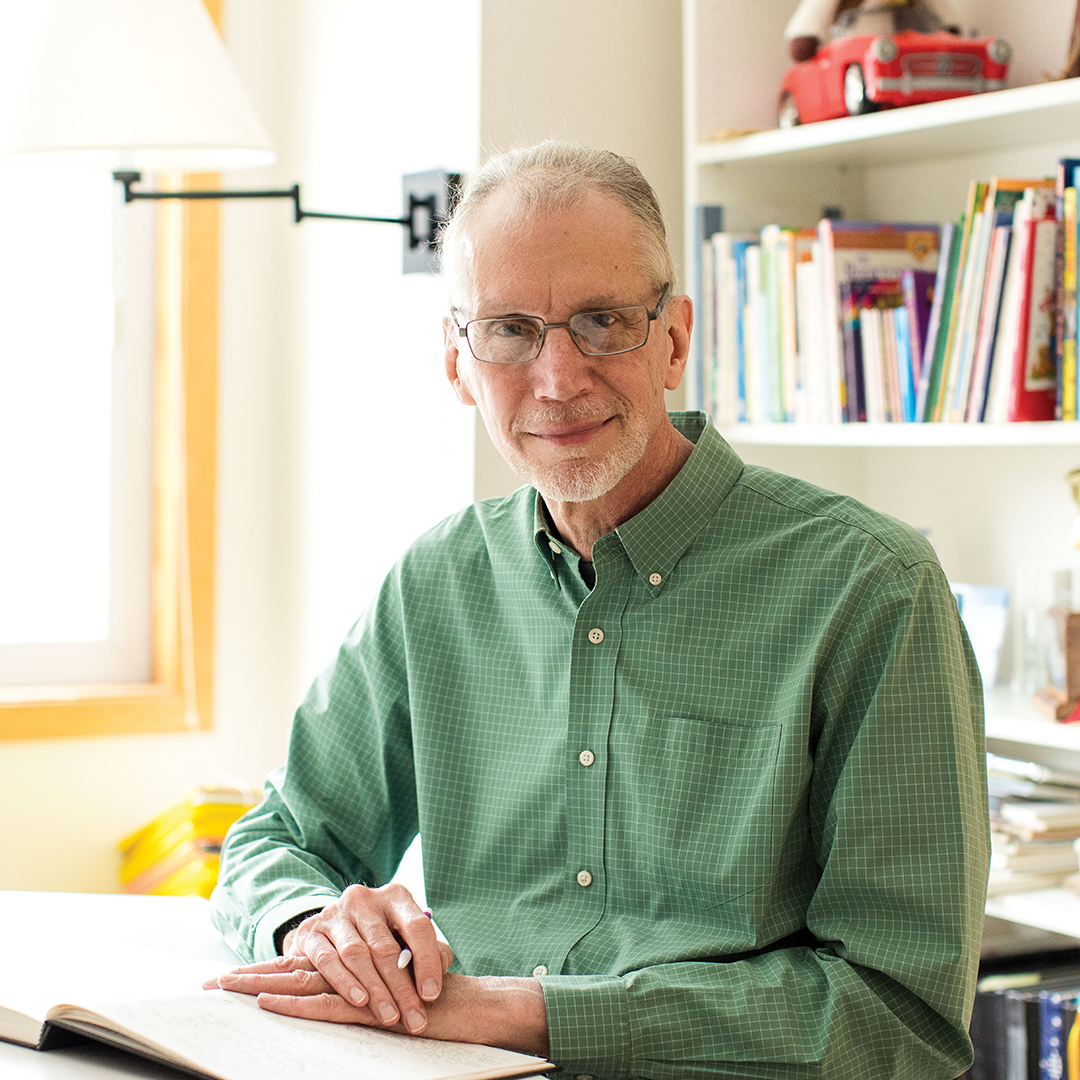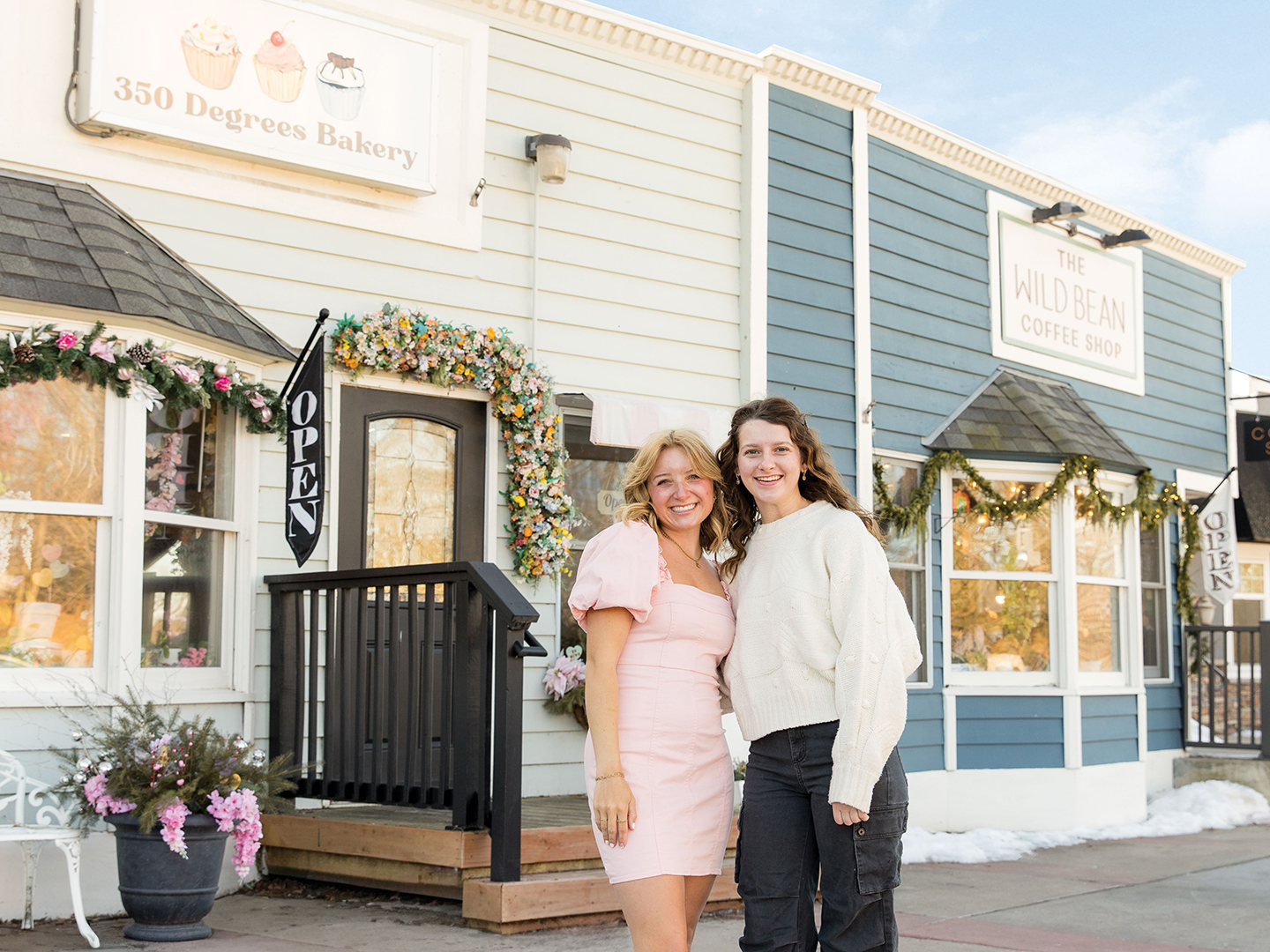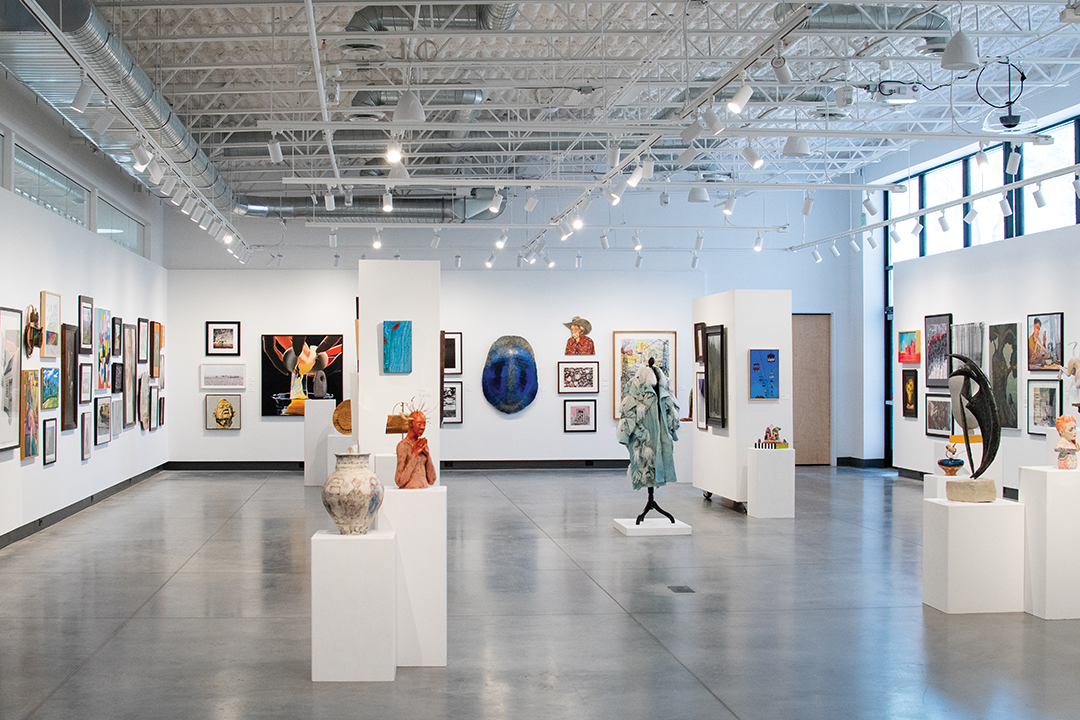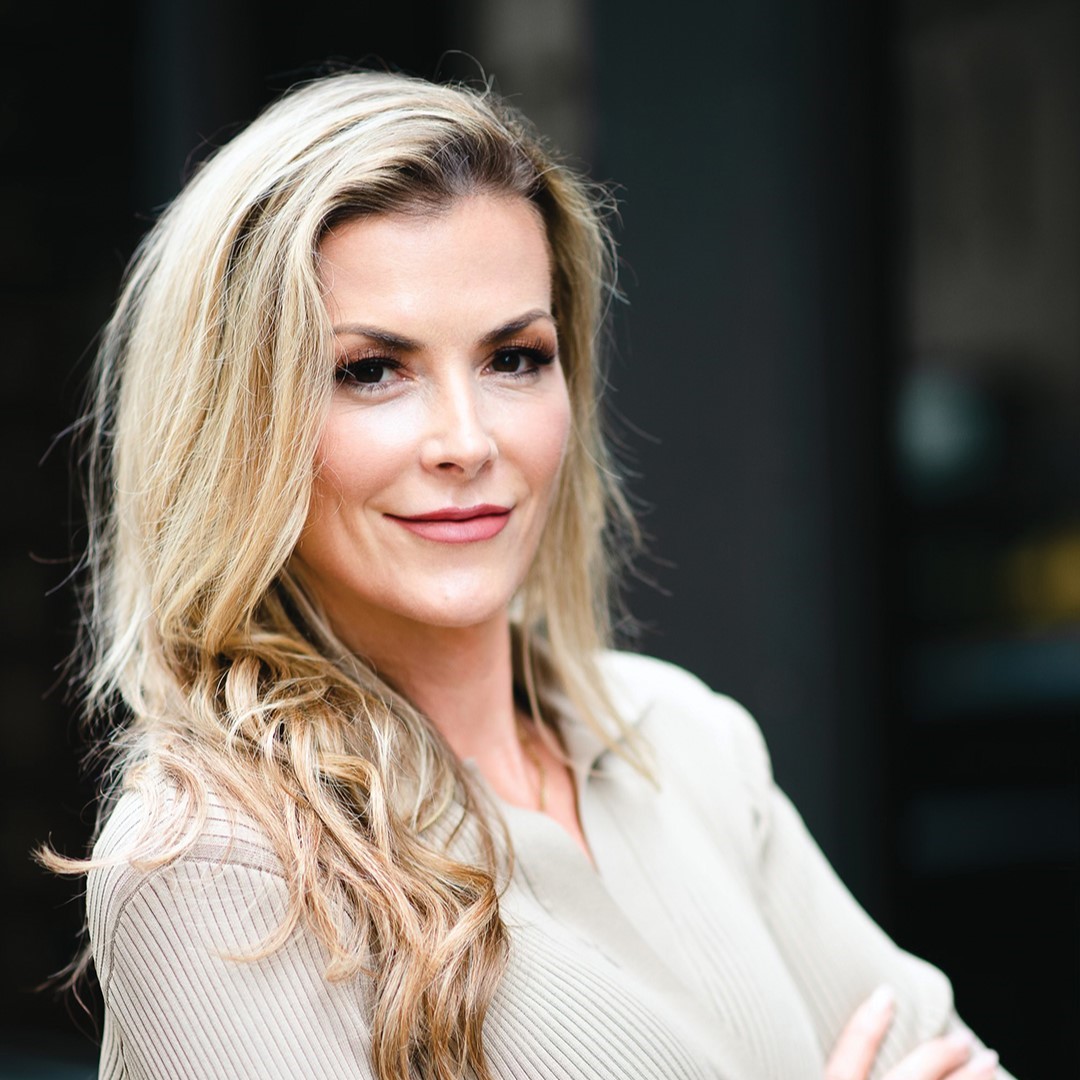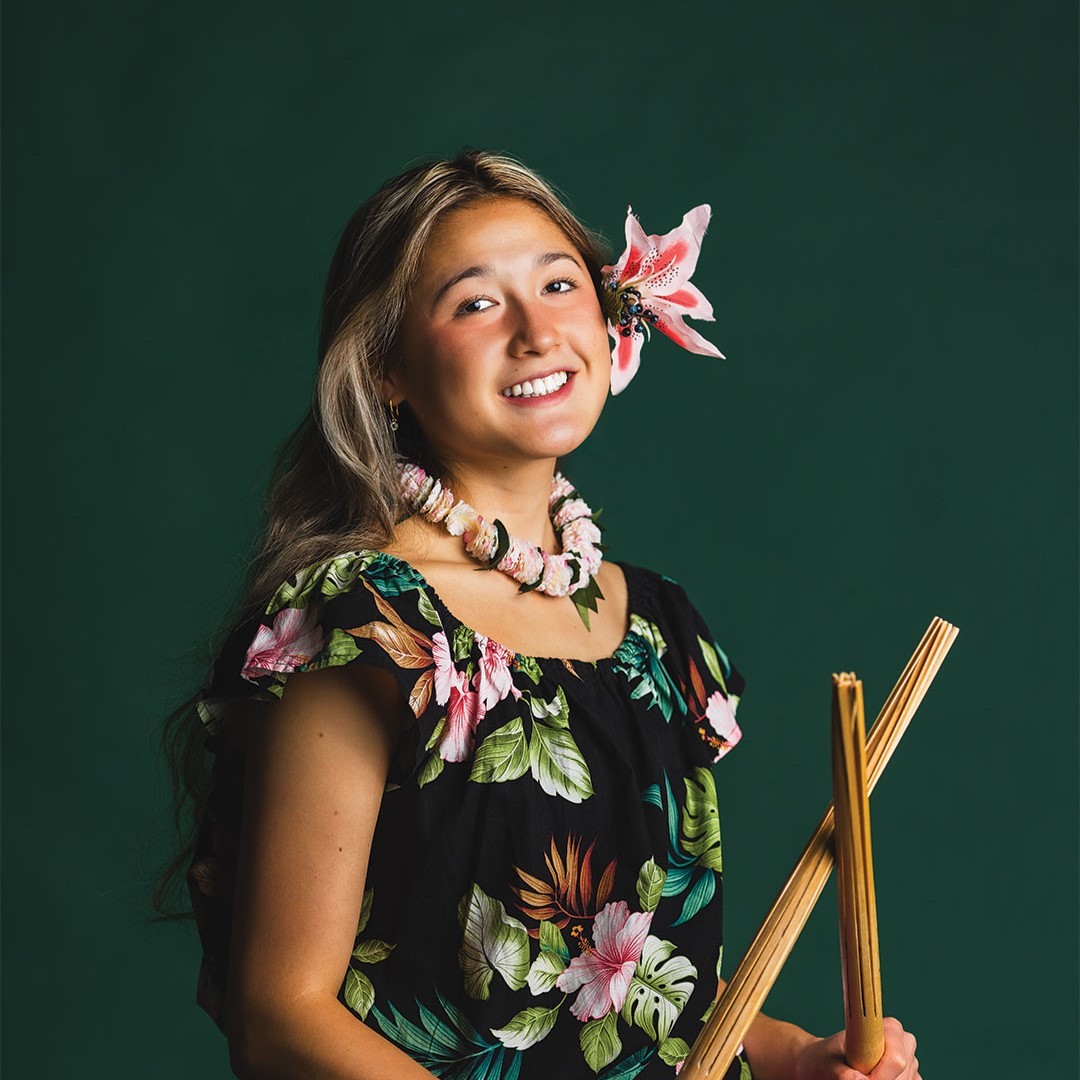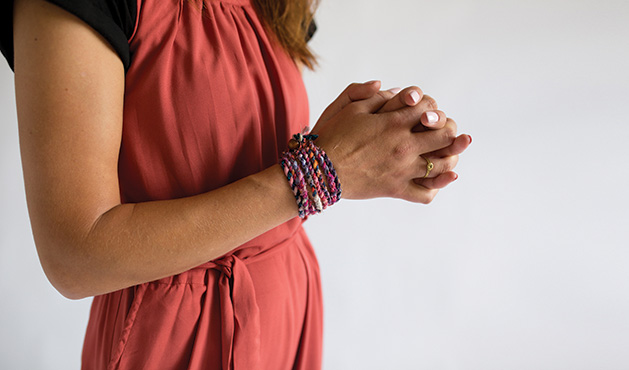
Photos: 3seams
3seams offers women in Cambodia and Nepal a chance at a different future.
Inga Swope knew she wanted to do something to help women and children struggling in poverty. She wasn’t sure exactly what that might look like, but she felt called to figure it out. At first, she settled on making dresses in Haiti. The seamstresses who made the dresses would get work to help their families. The dresses would be sold in the U.S. For each dress made for sale in the U.S., an identical one would be donated to a little girl in Haiti. With this project, Swope started the 3seams company. Her friend, White Bear Lake resident Mandy Taylor, who has been involved with 3seams since its early days, made the first dresses and then taught Haitian seamstresses how to replicate them for sale.
The business, a nonprofit, was up and running, but there were a lot of challenges. Swope eventually became overwhelmed by the uncertainties of working in Haiti, but she still felt strongly about her calling. While Swope and her family were living in Japan, she traveled with her children to Cambodia on vacation and met someone there who encouraged her to think about creating jobs for women who lived in Cambodia’s villages.
“Women and girls in rural villages have a hard time finding work,” says Swope. “They have to leave their families and go off in search of jobs. That separates families and makes the women vulnerable.”
Setting up a business that offered work and training close to home created a more stable life for the women Swope hired and a more stable environment for the village as a whole. Once the business was on solid footing, Swope turned the village operation over to another organization and moved 3seams to Phnom Penh, where, two years ago, her daughter Skylar took over as manager.
There are eight women working in the shop in Phnom Penh and Skylar says they are all resilient and bold. “They all have their own past,” she says. “Some of which includes being trafficked, addicted to drugs and/or struck by the hardships of extreme poverty. I can’t begin to explain how inspiring they are—they push me to love harder every day.”
The desire to help improve the lives of 3seam’s employees led Swope to rethink the mission of 3seams. “We started out focusing on job creation,” she says. “But over time, I began to see that … everyone doesn’t want to be a seamstress. Just because these women and girls had never been given the chance to think about their dreams didn’t mean that they didn’t have their own goals.”
Swope began to think of 3seams as a stepping stone, not just a job. The company now helps their employees enter school, find training for other kinds of work and explore possible career paths.
“I want us to be about helping our [employees consider] other choices,” she says. “Some of these women have never been asked what they hope to do with their lives.”
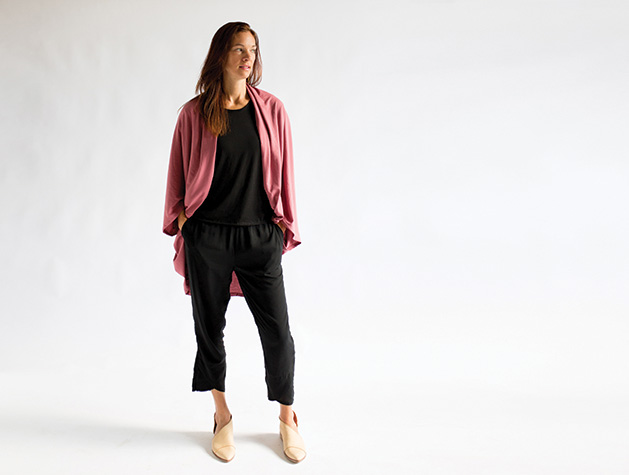
One of the women who works in Cambodia is now going to cosmetology school. Swope says, “[It makes me happy] to see the light in her eyes.”
Taylor travels to Cambodia from time-to-time to teach the employees new patterns and help with training. This year, she made the trip with her whole family. In July, Taylor, her husband, John, and their three children traveled to Cambodia and spent a month living in an apartment above the 3seams facility. While Taylor worked with the employees on a new line that the company launched in September, her husband and children helped around the shop, spending a few hours each day teaching English to the employees and exploring the city.
“After living overseas before [I had] children, it’s been a dream of mine to have my kids see more of our world and experience some of the very things that have changed my life and my view of the world,” says Taylor.
When someone from another part of the world reached out to the 3seams team, Swope was hesitant at first. “I met an American living in Nepal who talked to me about setting up a workshop to help a group of kids aging out of an orphanage there,” she says. “First, I had to figure out exactly where Nepal is,” she says, laughing. “But then I quickly saw that we could have a big impact on the lives of these young people,” she says.
Swope went off to Nepal and began to look around in the markets to see what kinds of locally sourced materials were available. They quickly realized that metals were more available than textiles, so they made the decision to have the Nepal workshop produce jewelry using metals and stones. In Nepal, 3seams employs both young men and women, and the day-to-day operations are run by a Nepali couple who have a background in social work and ministry.
Are there plans to take 3seams to other corners of the world? “At this point, what we’re doing in Nepal and Cambodia is exactly what we can handle—to be sure all artisans are cared for using the resources and product demand that we currently sustain,” says Taylor.
Swope says that marketing the products of the artisans in Cambodia and Nepal to U.S. consumers is key to the operation’s success. The company is self-sufficient—it’s 100 percent supported by sales, says Swope.
Swope and Taylor work to maintain a reliable customer base. “We do a lot of events,” says Swope. “That lets us really tell our story to people.” She believes American fashion consumers want to put their money where it can make a difference. “We can use our dollars to help or to hurt,” she says.
“We’re excited that the entire fashion industry is really getting behind the idea of ethical fashion.” Along with treating workers well, paying fair wages and having as small an environmental impact as possible, the women who run 3seams believe ethical fashion includes improving the lives of people who have had few opportunities by buying from a company dedicated to making a positive impact.
With the holiday giving season upon us, Taylor is planning some 3seams events for White Bear Lake. “I usually host a sale from my house around the holidays,” Taylor says. “Before I left for Cambodia in the summer, we held a sale at Anchor Coffee, which was so much fun and such a great location. We are grateful for that relationship and hope to host another sale there over the holidays.”
who / what / why / where
Part of the southeast Asian peninsula, Cambodia is largely rural—about 80 percent of people live in villages or on farms. Nearly half of all Cambodians work in agriculture.
Access to education has improved in recent years for both boys and girls, but girls often leave school early. Traditionally, Buddhist monasteries were the providers of education, and girls were not permitted to study in the monasteries.
A large part of the country’s economic growth over the last two decades is the result of textile exports, but the country continues to be poor, especially in rural areas where basic infrastructure is not well developed. The population is also young—more than 50 percent of Cambodians are under 25.
Human trafficking remains a serious problem. According to the World Factbook published online by the CIA, “Cambodia is a source, transit and destination country for men, women and children subjected to forced labor and sex trafficking.”
All information from cia.gov.




